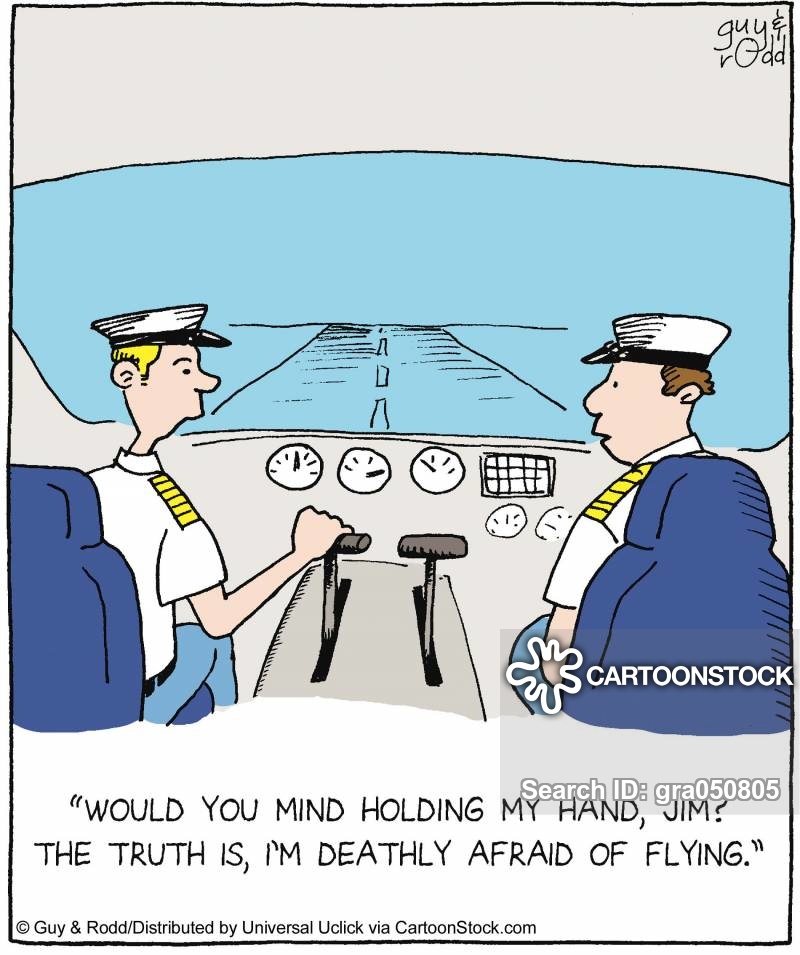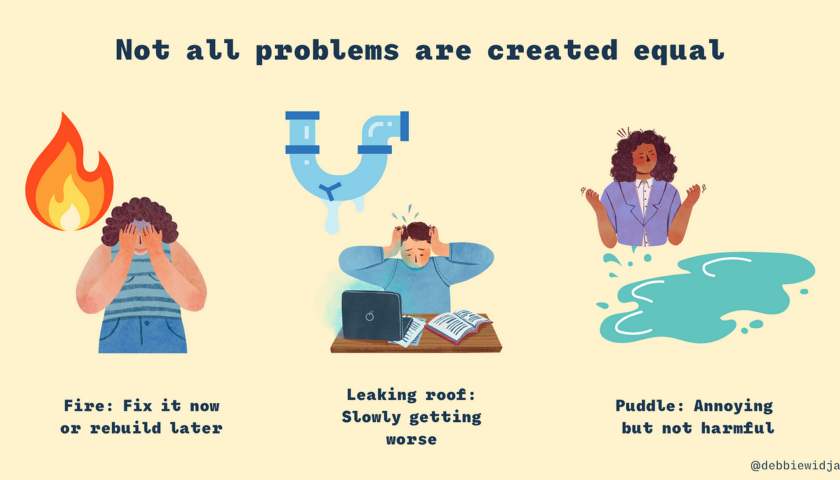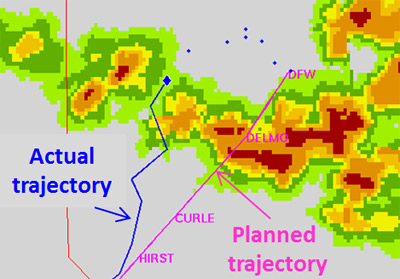IF HE’S ALIVE NAIL HIM, IF HE’S DEAD BLAME HIM !!!
_(Written based on 9W at VOGO a few years back around this time)_
Aviation is a strange profession! I love it to death but the strange part is, if I meet my end in my line of work it’s most likely that I’ll be blamed. I’ll be blamed long before any proof is brought forward, I’ll be blamed by the media, I’ll be blamed by people, I’ll be blamed by the passengers if they survive. In a week the Data recorders will be analysed and then maybe they’ll find that it’s not my fault! That I fought for hope amidst hopelessness till my dying breath.
Sadly that won’t make as good a headline as “Pilot Error”, “Pilot veers off the runway when aligning for takeoff”. In fact, it was nothing to do with aligning that brought this ill-fated crew to a halt just short the peripheral wall at Dabolim that morning.
How I wish I could explain concepts of asymmetric thrust to the number of people passing silent judgement and being armchair jurors! How do I tell someone about how much thrust 27 thousand odd pounds is? How do I reiterate what a reverser unlock is? How do I tell the person that the same 27 thousand pounds is now in an opposite direction? Most of the crowd probably doesn’t even know what a moment arm is or a couple. They dropped physics in 8th grade as it was too complex. That said they blame the human-machine who earns his bread and butter, putting in to practice what they felt was too complicated! To be honest it’s disgusting flying these kinds of passengers and taking responsibility for their life for however long it may be!
How do I explain not being able to see three taxiway lights in front of me to a crowd that says anyway you Auto Land in the fog? How ?!? It’s at the brink of frustration that I’m writing this!
Back in those days, an old grey instructor told me, “son in this world of Civil Aviation its best to be a nameless, faceless pilot who does his job and goes home!”. I probably didn’t understand it then but now, more than ever I totally understand. The sad part is it a Cactus 1511 with Sully or the 9W aircraft.
Sadly with technology improving in the home and workplace, the human has become the weak link. Sometimes one must note that the human is the strongest link. Without them shutting down the malfunctioning engine they might have gone into the Terminal increasing the statistics of loss of life!
As an appeal to the non-aviation public, believe that we as Pilots love what we do and would never put anyone’s life in jeopardy! We are Sons, Daughters, Wives, Husbands, Parents, just like you. We haven’t fallen from the realm of Asgard and into the helm of these metal ships, it takes years of hard work to achieve it.
Media folk this is an appeal to you! It’s you who has sensationalized our profession with scandal, malpractice, etc. Paint the right picture of Pilots worldwide. Tell people that we are there to save lives not take them! Make an honest effort to redeem your name when you’re standing at heaven’s gates or you’ll probably have the boatman remove you from the boat. Educate the masses who you manipulate to get more views to the actual facts of Thrust, Lift, Weight and Drag! Tell them from start to finish what happens from takeoff to touchdown. Do tell them when they see that wind looping out of the window and the tip moving, there is a hand guiding this giant metal bird through the skies!
Could I request you all to fwd/share this piece coming from the ‘Anguished Heart’ of a Pilot to all your Groups/Family/Friends, as most just get to hear/read-only what the “Media wants to Sell”
Post courtesy: https://scepticnow.wordpress.com
PS:
The pilot error generally refers to an accident in which an action or decision made by the pilot was the cause or a contributing factor that led to the accident, but also includes the pilot’s failure to make a correct decision or take proper action.
The causes of the pilot error include psychological and physiological human limitations. Various forms of threat and error management have been implemented into pilot training programs to teach crew members how to deal with impending situations that arise throughout the course of a flight.
Modern accident investigators avoid the words “pilot error”, as the scope of their work is to determine the cause of an accident, rather than to apportion blame. Furthermore, any attempt to incriminate the pilots does not consider that they are part of a broader system, which in turn may be accountable for their fatigue, work pressure, or lack of training
Human error has been documented as a primary contributor to more than 70 percent of commercial airplane hull-loss accidents. While typically associated with flight operations, human error has also recently become a major concern in maintenance practices and air traffic management.
The term “human factors” has grown increasingly popular however, it is much broader in both its knowledge base and scope. Human factors involve gathering information about human abilities, limitations, and other characteristics and applying it to tools, machines, systems, tasks, jobs, and environments to produce safe, comfortable, and effective human use. In aviation, human factors is dedicated to better understanding how humans can most safely and efficiently be integrated with the technology. That understanding is then translated into design, training, policies, or procedures to help humans perform better. Just as developing a new aircraft requires a sound knowledge of aerodynamics, propulsion technology, electronics and avionics, navigation, meteorology, etc. Integrating a pilot into this system requires a sound knowledge of human performance and limitations, the efficacy of training programs, cognitive psychology, physiology, visual perceptions, ergonomics, and human-machine interface design.
There are multiple factors that can cause pilot error; mistakes in the decision-making process can be due to habitual tendencies, biases, as well as a breakdown in the processing of the information coming in. For aircraft pilots, in extreme circumstances these errors are highly likely to result in fatalities.
I will like to conclude with two quotes:
you can make mistakes, but you aren’t a failure until you start blaming others for those mistakes.
John wooden
Blaming has no positive effects at all, not does trying to persuade using reason or argument…
No blame, no reasoning, no argument just understanding. If you understand and show that you understand, you can love, and the situation will change.
Thich Nhat Hanh



